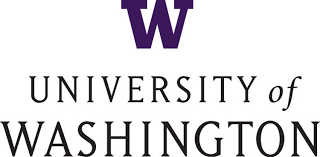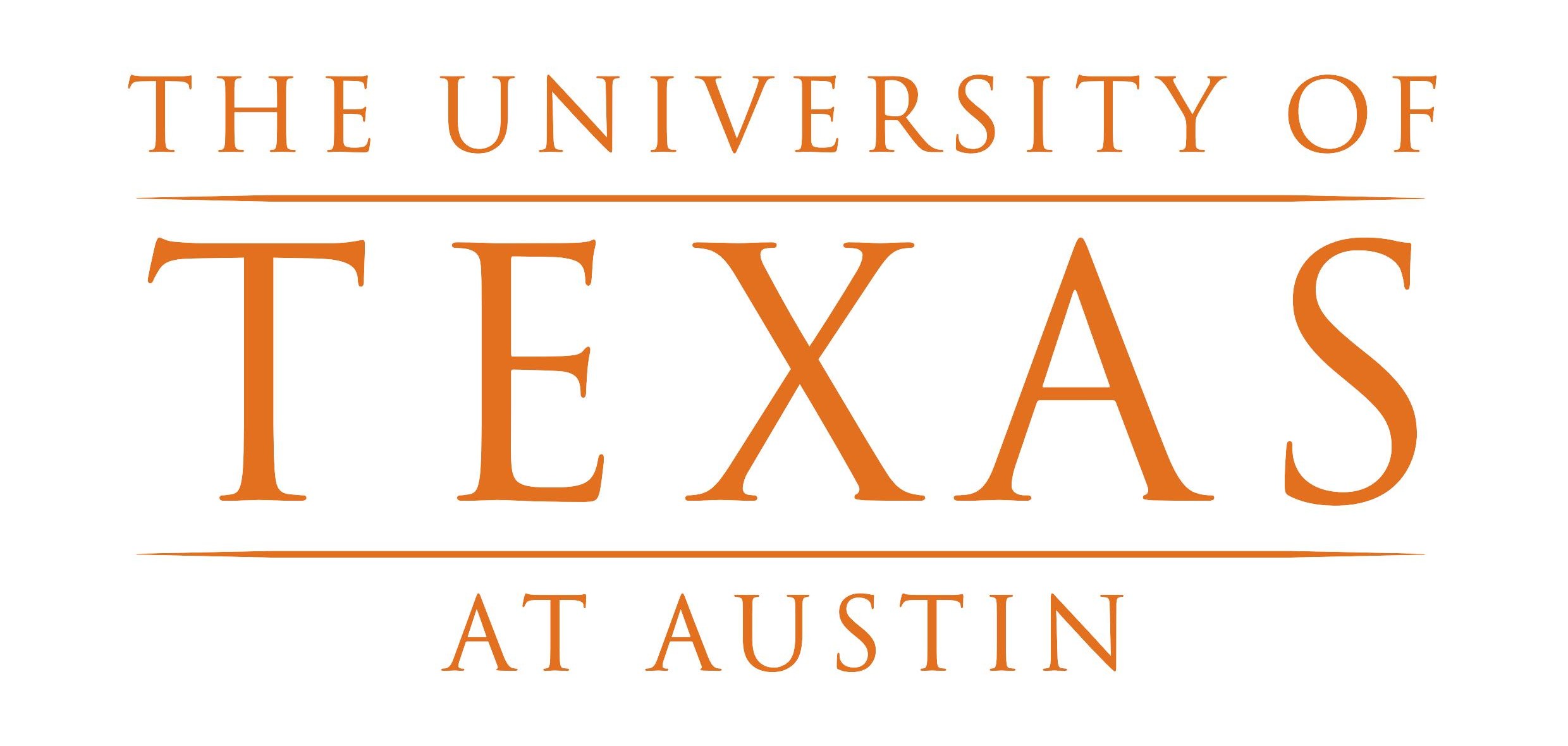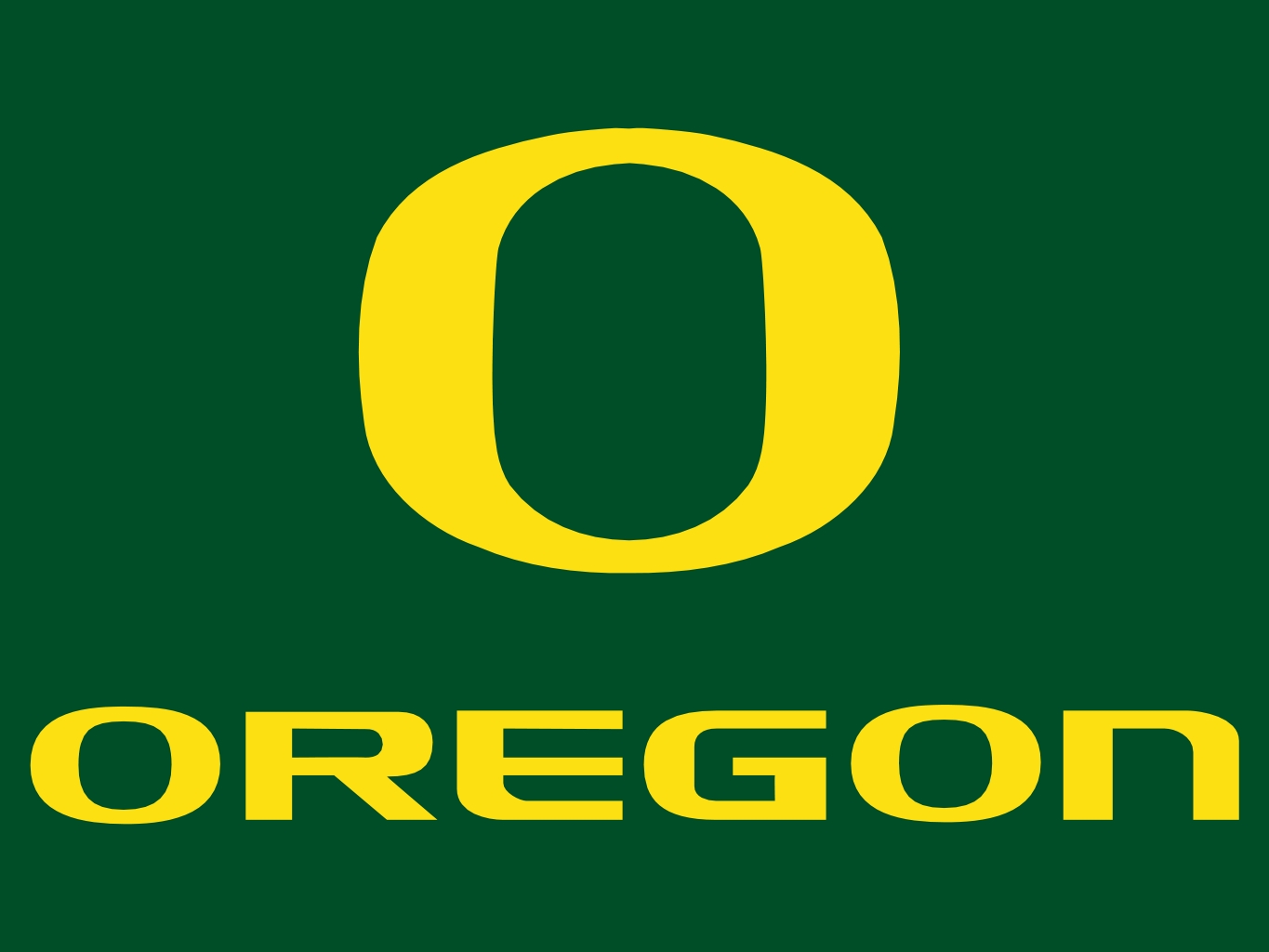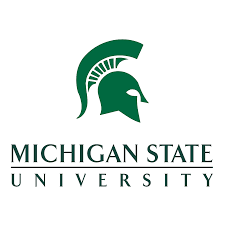

Earning an education degree builds a rewarding career sparking a love for learning in America’s PreK-12 classrooms. Education is a timeless, universal profession that will always be in-demand to help foster growth in children and adolescents. In this article, we’ll distinguish the Top 10 Education Degree Programs for your teacher training.
To compile our list, we began by looking for brick-and-mortar universities conferring campus-based education programs. We narrowed down schools based on top-tier national rankings published by the U.S. News and World Report. We referenced the survey’s Best Education Schools. The U.S. News considers key factors like student-faculty ratio, selectivity, award-winning professors, GRE scores, and research expenditures. Next, we used the NCES’ College Navigator tool to record average annual tuition costs. We weighed quality with cost, but nixed any universities costing over $50,000 because that’s tough to manage with the median teacher salary at $53,315. Preference was given to schools with NCATE accreditation, multiple teaching specialties, and great classroom experiences.
If you prefer face-to-face learning, consider these Top 10 Education Degree Programs to take your first steps into your teaching career!
1. University of Wisconsin — Madison
Endowed for $2.4 billion, the University of Wisconsin — Madison is a flagship, land-grant “Public Ivy” with RU/VH status to serve over 43,100 students. The U.S. News ranks UW-Madison as America’s 11th Top Public School with the #1 curriculum/instruction program. Featuring National Council for Accreditation of Teacher Education (NCATE) accreditation, the School of Education offers seven undergraduate teacher licensing programs, including Art Education, World Language Education, and Special Education. For graduates, there’s also a top-ranked Master of Science for Professional Educators (MSPE) degree.
Tuition: $10,415 (in-state) or $29,665 (out-of-state)
Learn more about the University of Wisconsin — Madison’s Education Degree Programs here.
2. Vanderbilt University
Founded in 1873, Vanderbilt University is a private, non-sectarian research institution enrolling over 12,600 students in Nashville, Tennessee. According to the U.S. World and News Report, Vanderbilt is the country’s 15th Best National University and 12th Top Value. The Peabody College of Education has produced over 10,000 practicing teachers. Students can select from eight bachelor’s, 17 master’s, and six doctoral degree with NCATE approval. Top-ranked programs include the B.S. in Early Childhood Education, M.Ed. in Reading Education, and Ed.D. in K‑12 Educational Leadership.
Tuition: $44,712
Learn more about Vanderbilt University’s Education Degree Programs here.
3. Columbia University
Located in the Morningside Heights neighborhood of New York City, Columbia University is the nation’s fifth oldest private, chartered institution enrolling over 27,900. Within the Ivy League, Columbia is ranked the fourth Best University Nationally by the U.S. News and World Report. Following a legacy of education innovators, the Teachers College offers more than 100 NCATE-accredited programs to students from 77 different countries. Excellent degree offerings include the M.A. in Gifted Education, M.A. in Bilingual/Bicultural Education, and M.S. in Community Health Education.
Tuition: $42,280
Learn more about Columbia University’s Education Degree Programs here.
4. Northwestern University
Historically affiliated with the United Methodist Church, Northwestern University is a private, non-profit research institution of 20,900 students in Evanston, Illinois. As an elite Association of American Universities (UAA) member, Northwestern is ranked as America’s 12th Top University by the U.S. News and World Report. The School of Education and Social Policy (SEEP) emphasizes practical learning with nine-week internships. Aspiring teachers choose from five bachelor’s, four master’s, and three doctoral degrees. Great options include the B.S. in Secondary Teaching, M.S.Ed. in Teacher Leadership, and Ph.D. in Learning Sciences.
Tuition: $49,047
Learn more about Northwestern University’s Education Degree Programs here.
5. University of Washington
Serving over 45,200 students, the University of Washington is a flagship public, research institution based in downtown Seattle. The U.S. News named UW the 16th top public school nationally with a highly ranked College of Education. Partnered with over 300 Washington Schools, the COE grants a Bachelor of Arts in Early Childhood & Family Studies and Education Learning Minor. At the graduate level, there are 13 top-notch programs like the M.Ed. in Education Policy and M.Ed. in Instructional Leadership.
Tuition: $11,839 (in-state) or $34,143 (out-of-state)
Learn more about the University of Washington’s Education Degree Programs here.
6. University of Texas — Austin
As the nation’s fifth largest public, state research institution, the University of Texas-Austin educates over 51,300 Longhorns just one mile from the Texas State Capitol. The U.S. News and World Report crowned UT-Austin the 16th best public college. Within the College of Education, there are 12 bachelor’s, 13 certification, and 24 graduate programs averaging 800 practicum hours. Top-ranked options include the B.S. in Applied Learning and Development, UTeach Urban Teachers Program, and M.A. in Autism and Developmental Disabilities.
Tuition: $9,806 (in-state) or $34,676 (out-of-state)
Learn more about the University of Texas — Austin’s Education Degree Programs here.
7. University of California — Los Angeles
Established as a teacher’s college in 1919, the University of California-Los Angeles serves over 43,300 students as a public, land-grant institution in the Westwood district. UCLA is the 23rd Best National University according to the U.S. News and World Report. With six top faculty members recognized in Education Week, the Department of Education awards 14 teaching programs. Rigorous UCLA training can lead to a M.Ed. in Mathematics Education, M.Ed. in Principal Leadership, or Ph.D. in Urban Schooling.
Tuition: $12,763 (in-state) or $37,471 (out-of-state)
8. University of Oregon
Nestled along the Willamette River in Eugene, the University of Oregon is a flagship, public RU/VH research institution enlightening over 24,100 students. The U.S. News and World Report honored Oregon for being America’s 47th Top Public School. Ranking #2 nationally for faculty productivity, the top-tier College of Education offers four undergraduate and 18 graduate programs. Teaching degrees include the B.A. in Educational Foundations, M.S. in Special Education, or M.S. in Literacy Leadership. There’s also the unique Sapsik‘ʷałá Project for American Indians.
Tuition: $10,289 (in-state) or $32,024 (out-of-state)
Learn more about the University of Oregon’s Education Degree Programs here.
9. Michigan State University
Under the Morrill Act, Michigan State University became the nation’s first public, land-grant research institution in East Lansing to educate over 50,500 students yearly. The U.S. News and World Report lauds MSU as the 29th Top Public School. The College of Education has ranked #1 for elementary education for 21 straight years. Future teachers select from five bachelor’s, 11 master’s, and 12 doctoral programs. Esteemed degrees include the B.S. in Special Education, M.A. in Educational Technology, and Ph.D. in Mathematics Education.
Tuition: $13,560 (in-state) or $36,360 (out-of-state)
Learn more about Michigan State University’s Education Degree Programs here.
10. University of Kansas
With campuses in Lawrence, Wichita, Overland Park, Salina, and Kansas City, the University of Kansas is a flagship, public research institution of over 28,100 students. According to the U.S. News and World Report, Kansas is America’s 55th Top Public School with the #1 Special Education Degrees. The NCATE-accredited School of Education prepares teachers in eight undergraduate and 17 graduate licensure programs. KU students could pursue the B.S.E. Secondary Social Studies, B.S.E. Foreign Language Education, or M.S.E. Physical Education.
Tuition: $10,825 (in-state) or $26,659 (out-of-state)
Learn more about the University of Kansas’ Education Degree Programs here.
Why Get a Bachelor’s in Education?
The Bureau of Labor Statistics currently predicts that education jobs will grow by 10 percent through 2030. That’s approximately 920,000 new positions opening for education degree holders. Demand is particularly strong in STEM, bilingual or ESL, and special education. Having at least a bachelor’s degree is required to sharpen your pedagogical skills for the rigorous new Common Core. Graduate degrees also help unlock teacher leadership jobs in specialties like literacy and curriculum design.
Even though online programs are more flexible, many students want to engage in a real-life college classroom. Campus-based education degrees typically provide greater peer interaction, one-on-one professor mentoring, career networking, and teaching experiences. Traditional brick-and-mortar programs always have partnerships with local school districts to actually apply your learned skills with PreK-12 children. Living on a university campus can also allow you to join student organizations like Phi Delta Kappa and National Education Association.
Related:
25 Best Early Childhood Education Bachelor’s Programs
15 Best Early Childhood Education Degree Online Bachelor’s Programs
10 Fastest Online Early Childhood Education Degree Bachelor’s Programs
10 Most Affordable Early Childhood Education Degree Online Bachelor’s
The 10 Cheapest Online Bachelor’s of Education Degree Programs









